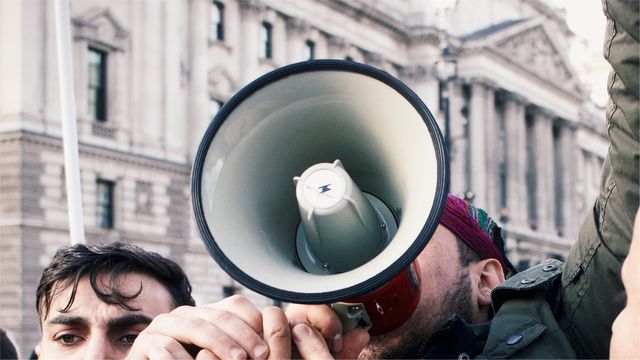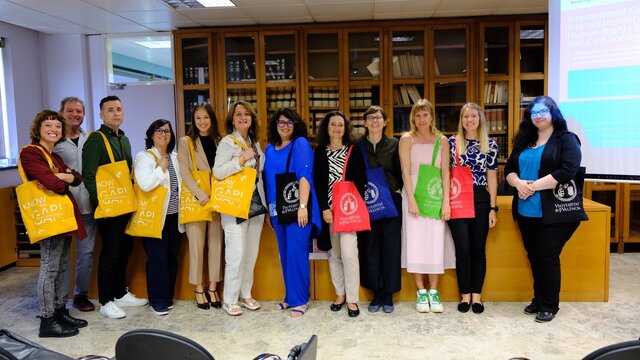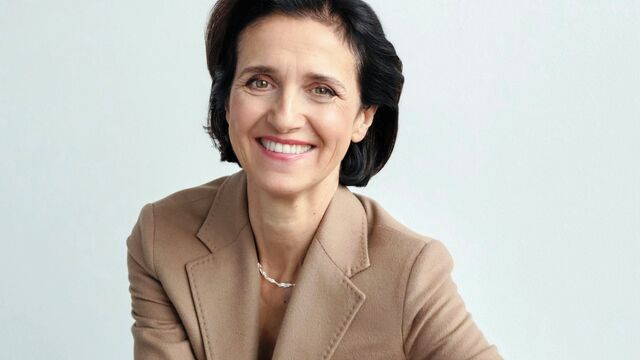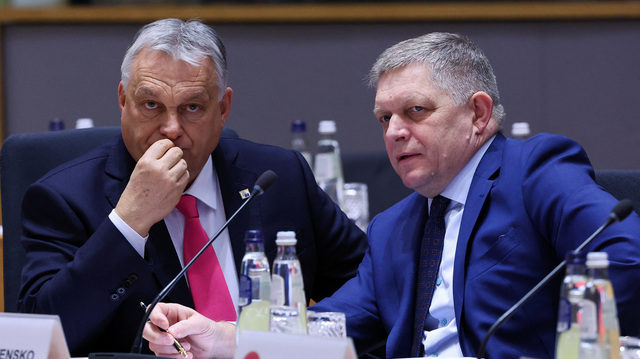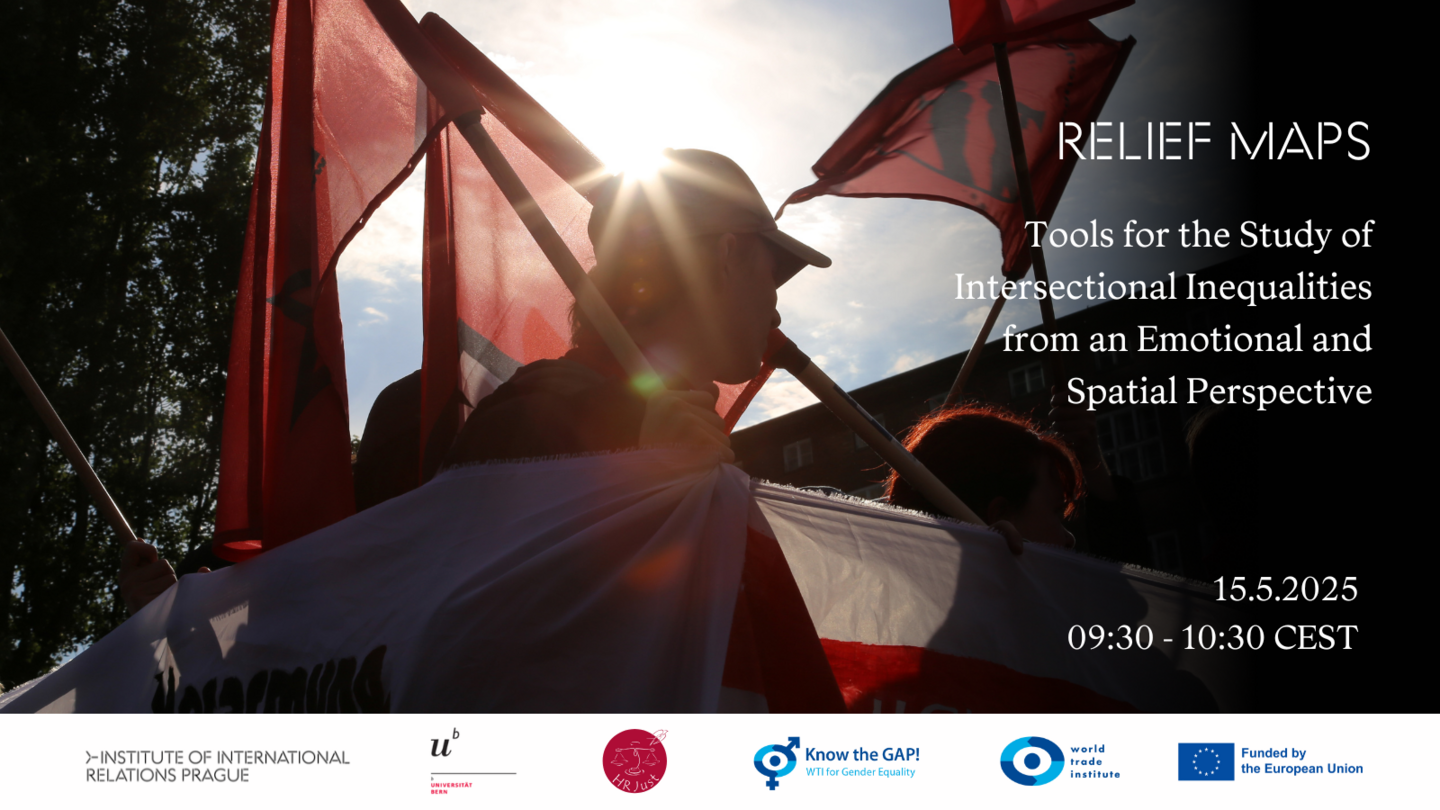
Relief Maps: Tools for the Study of Intersectional Inequalities from an Emotional and Spatial Perspective
We cordially invite you to our upcoming webinar, “Relief Maps: Tools for the Study of Intersectional Inequalities from an Emotional and Spatial Perspective," with Ms Maria Rodó-Zárate.
15. 5. 2025 (9:30)
Jazyk: English Online (link will be sent upon registration)
Intersectionality is a concept that has gone viral in the past decade, becoming the most prominent analytical framework for analysing inequality. Its main premises are that people differently positioned in relation to their gender, ethnicity, age, social class, sexual orientation, etc., experience inequality in different ways, showing that the interconnection of specific social positions produces concrete forms of inequality and discrimination that are differently configured in different spaces.
This presentation will explore the new developments of Relief Maps, a methodological and theoretical model designed to analyse and visualise intersecting inequalities through emotional and spatial perspectives. Rooted in intersectionality approaches, this methodology offers a way to understand how power structures are experienced geographically and emotionally in everyday life. Within the framework of the INTERMAPS project, a new digital open-access tool has been developed. It includes a visual way of collecting data on intersectional positions and integrates qualitative, quantitative and spatial approaches. Moreover, it offers a GIS tool designed to combine textual narratives with geographic coordinates to capture the complex qualities of place and scale in relation to the lived experience of intersectional inequalities.
Speaker:
Maria Rodó-Zárate is a professor at the Political and Social Sciences Department at Universitat Pompeu Fabra, Barcelona. She coordinates the Research Group on Gender and Inequalities (GRETA) and her research focuses on the study of social inequalities from an intersectional, spatial and emotional perspective. She has also developed specific methodologies for the study of intersecting inequalities such as the Relief Maps. She is currently leading the INTERMAPS project on intersectional inequalities in everyday life and coordinating research on the effects of anti-gender discourses within the RESIST project.
We invite you to register on this link.
This lecture is part of the Gender Lecture Series 2025 - The Building Blocks of Gender Studies: Practical Pathways to Equality, co-organised by Prof. Elisa Fornalé (World Trade Institute, University of Bern) and Dr Federica Cristani (Institute of International Relations Prague), HRJust Intersect Observatory Co-directors.
This lecture series builds on the Gender Lecture Series 2024 on The Building Blocks of Gender Studies: Foundational Concepts to Navigate a Complex Field of Study with a special focus on practical implications of gender studies in some of key areas like gender-based violence, intersectional inequalities, climate justice and gender approach to climate studies, the involvement of civil society in gender studies, as well as the implications of the landmark CEDAW General Recommendation No. 40. In this sense, the two Gender Lecture Series complement each other, offering a broad set of tools for navigating the complexity of gender studies.
The full programme and the recordings of the lectures are available at the HRJust Intersect Observatory website.
Řečníci
Spoluorganizátoři
The Gender Lecture Series 2025 is organised as part of the Horizon Europe Project HRJust (States’ Practice of Human Rights Justification: A Study in Civil Society Engagement and Human Rights Through the Lens of Gender and Intersectionality, Grant Agreement No. 101094346 and SERI (Swiss State Secretariat for Education, Research and Innovation - SERI) Grant Agreement No. 23.00131) and the WTI Know the GAP programme led by Prof. Elisa Fornalé at the World Trade Institute, University of Bern.
